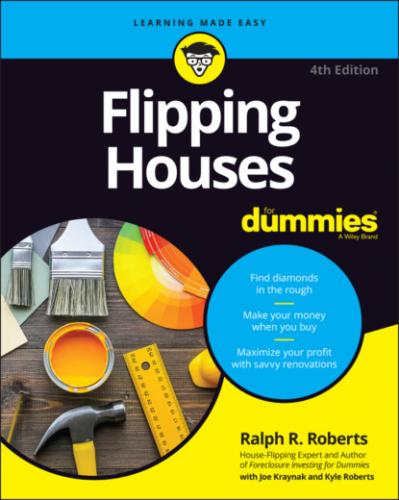Dispute any erroneous items on your credit report. Disputing a claim doesn’t always result in a correction, but you can request to have a paragraph explaining your side of the story added to your report.
Apply for fewer loans and credit cards. When you apply for a loan or credit card, the lending institution typically orders an inquiry that shows up on your credit report. Evidence that you’re applying for several loans or credit cards in a short period of time can make you appear financially desperate.
Pay off your credit card balances or at least pay off enough so that the balance is 50 percent or below your available credit limit. If you have enough equity in your home, you can refinance to consolidate high-interest credit card bills into your mortgage payment, but avoid the temptation to begin racking up more credit card debt after refinancing.
Avoiding mistakes that can sabotage your loan approval
After you apply for a loan, resist the urge to make any life-changing decisions that negatively affect your current financial status. Major changes can undermine your efforts to secure a loan. When you’re applying for a loan, follow the advice of our friend and colleague, loan officer Marc Edelstein, with his Ten Commandments When Applying for a Mortgage Loan:
1 Thou shalt not change jobs, become self-employed, or quit your job.
2 Thou shalt not buy a car, truck, or van (or you may be living in it)!
3 Thou shalt not use charge cards excessively or let your accounts fall behind.
4 Thou shalt not spend money you have set aside for closing.
5 Thou shalt not omit debts or liabilities from your loan application.
6 Thou shalt not buy furniture, an entertainment center, a boat, or a big-screen TV.
7 Thou shalt not originate any inquiries into your credit (for example, by applying for a new credit card).
8 Thou shalt not make large deposits without first checking with your loan officer.
9 Thou shalt not change bank accounts.
10 Thou shalt not cosign a loan for anyone.
To simplify the loan process, supply your lender with copies of your last three bank statements and last three federal tax returns.
Comparing loans
The best way to compare loans is to determine the total cost of the loan over the life of the loan:
1 Start with the amount the bank charges you upfront in loan origination fees, discount points (interest you pay upfront — typically, a percentage of the loan, to lower the interest rate), and other fees.
2 Multiply the monthly payment times the number of months you plan to pay on the loan.
3 Add the two amounts to determine your total payment.
4 Total the amount of each payment that goes toward paying the principal of the loan. (Your lender can tell you how much of each payment goes toward principal.)
5 Subtract the total you determined in Step 4 from the total in Step 3.
Suppose you’re considering two loans, each for $100,000. You plan on using the loan to buy and renovate a home over two years and then sell it and pay off the remaining principal on the loan. You have a choice between a 30-year, traditional fixed-rate mortgage at 6 percent and a 30-year, interest-only loan at 5 percent. Look at the 6 percent, fixed-rate mortgage first:
| Loan origination fee and discount points: | $1,000.00 |
| Plus monthly payment of $599.55 multiplied by 24 months: | $14,389.200 |
| Equals total payment: | $15,389.20 |
| Minus total paid toward principal: | $2,531.75 |
| Equals total cost of loan: | $12,857.45 |
Here are the numbers for the 30-year, interest-only loan at 5 percent:
| Loan origination fee and discount points: | $1,000.00 |
| Plus monthly payment of $416.67 multiplied by 24 months: | $10,000.008 |
| Equals total payment: | $11,000.08 |
| Minus total paid toward principal: | $0.00 |
| Equals total cost of loan: | $11,000.08 |
If you’ve ruled out interest-only loans because you think you’ll save money by paying down the principal, the numbers compel you to reconsider. With the traditional mortgage, you’re not only paying more than $180 more every month, but by the time you sell the house, you’ve paid $1,800 more for the privilege of borrowing the money!
Finding lenders online and off
To secure investment capital for flipping properties, you need to know where to look. Obvious sources, such as banks, may be a little reluctant to loan money to a novice for investing in real estate, so you may need to poke around to find willing lenders and investors. The following sections show you where to start looking. Your agent can also help steer you toward lenders.
